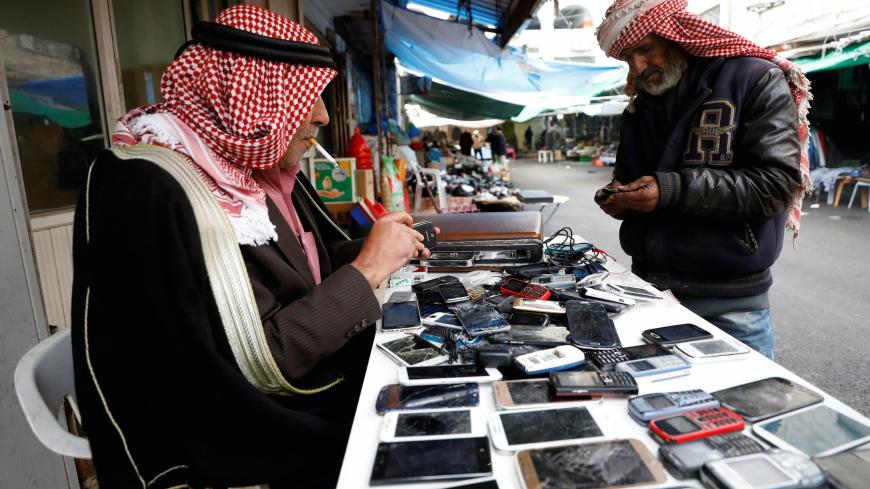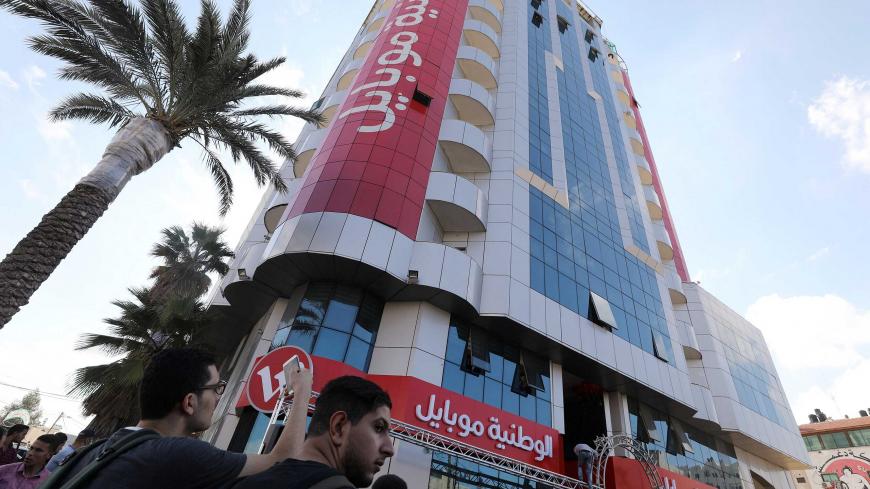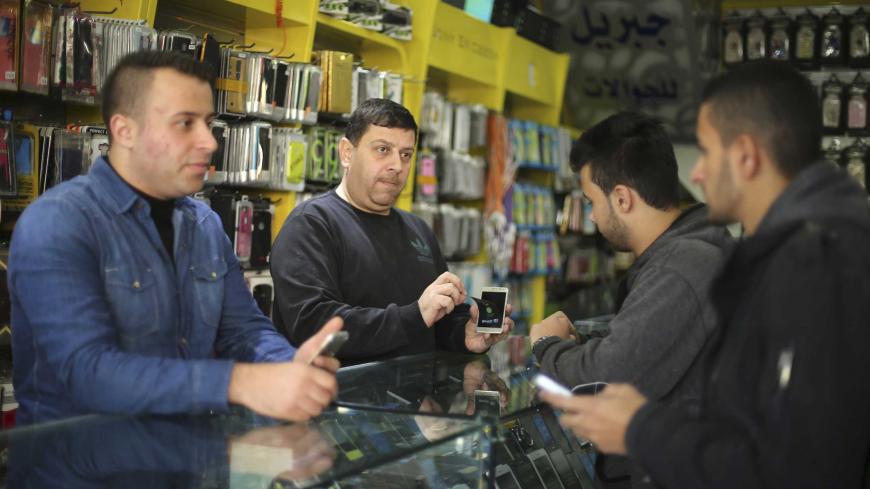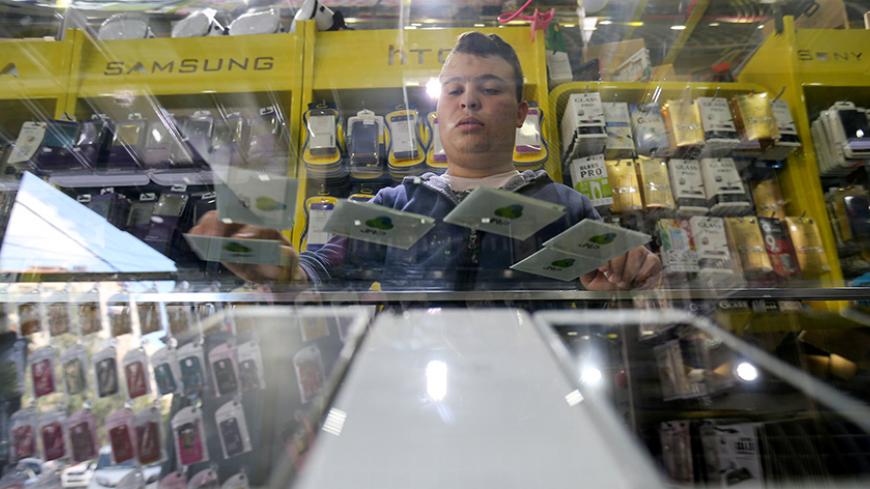West Bank to get 3G mobile service
The Palestinian Ministry of Telecom and Information Technology signed a final agreement with Israel earlier this month allowing Palestinian companies to provide 3G mobile services in the West Bank.

GAZA CITY, Gaza Strip — Palestine ranked 106th globally on the ICT Development Index, which measures the development of information and communication technology, in November 2016, compared to its 103rd ranking in 2015.
A February 2016 World Bank report revealed that the total revenue loss for Palestinian mobile operators during the last three years exceeded $1 billion because of Israeli restrictions on the telecommunications sector.










